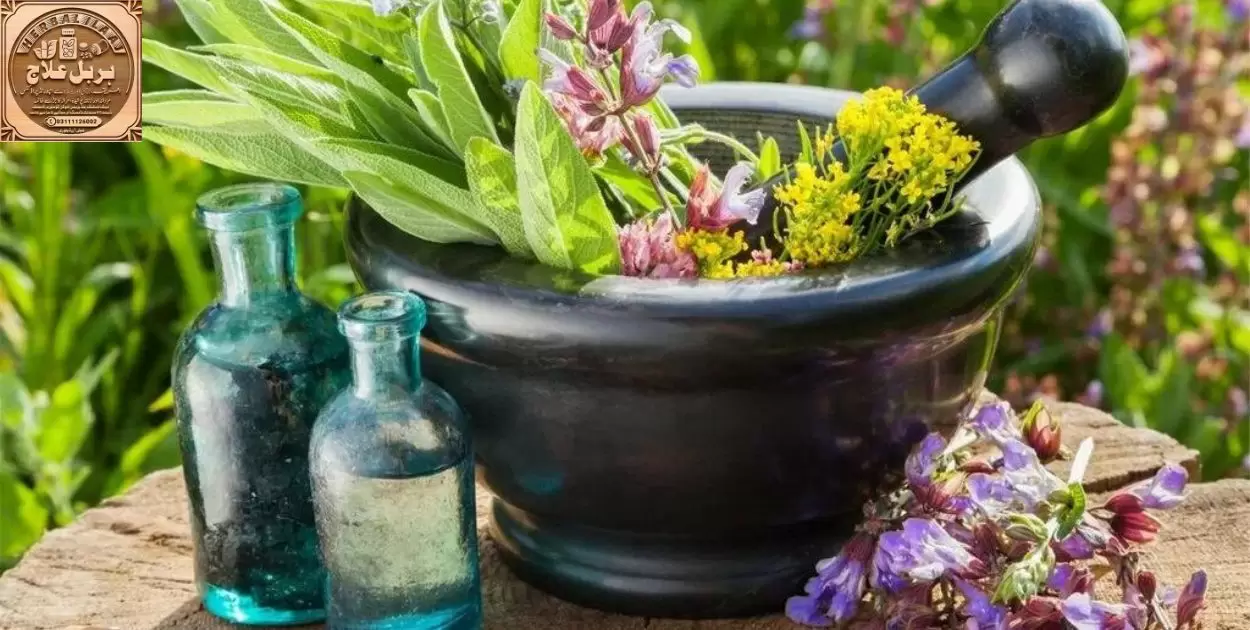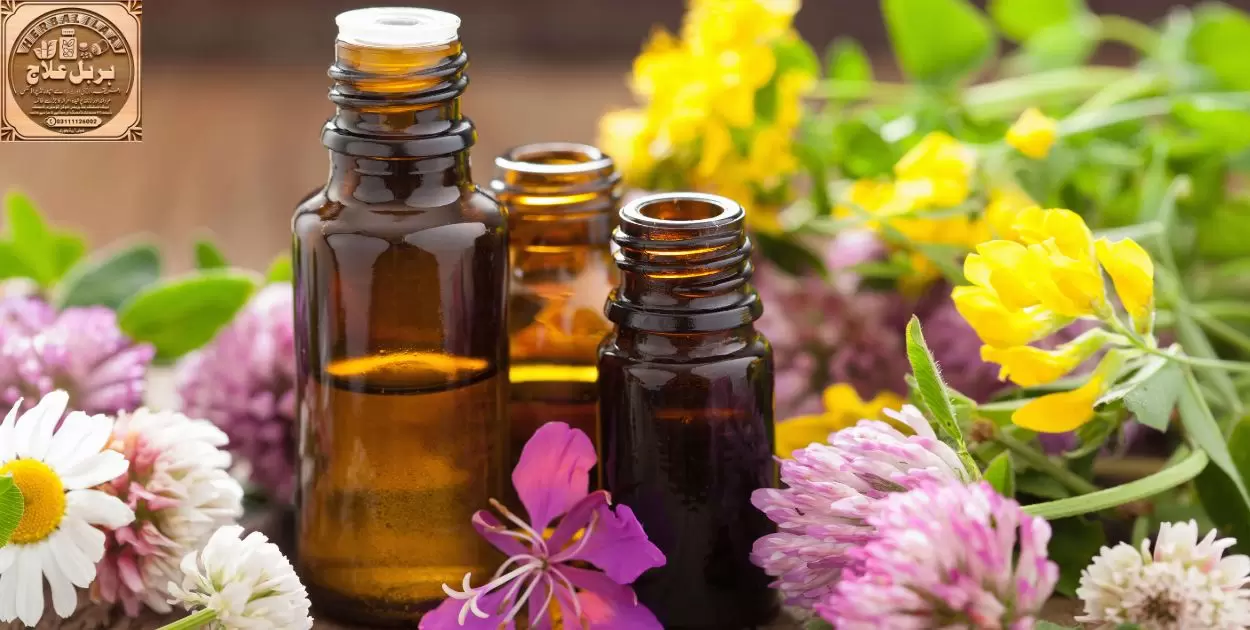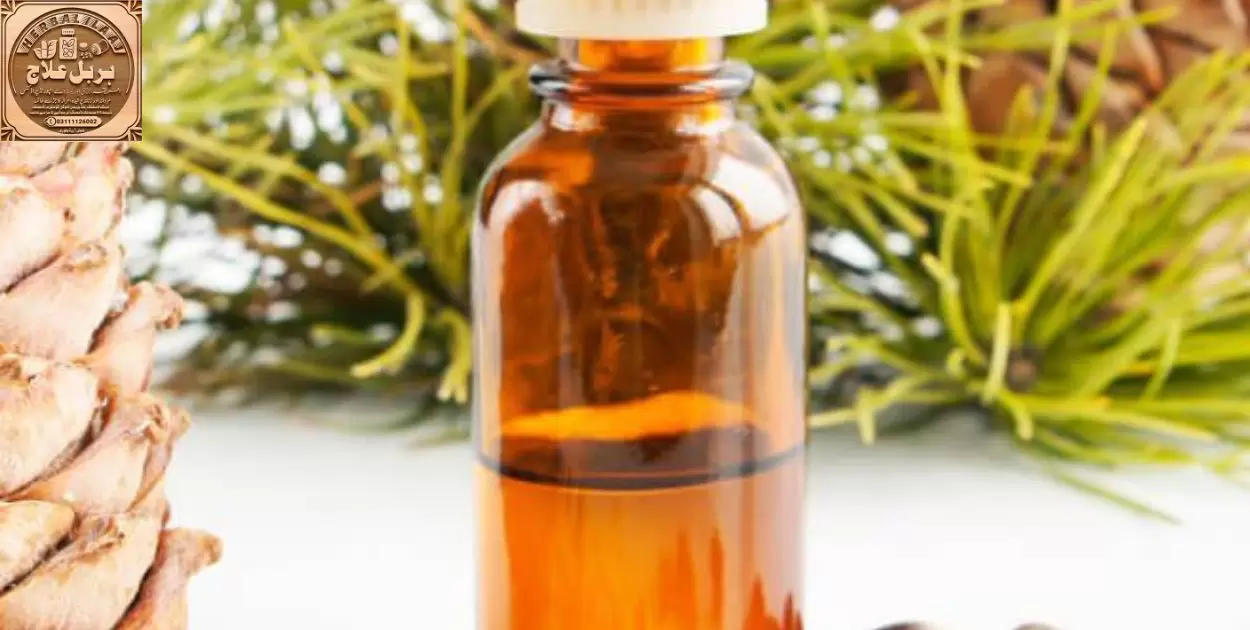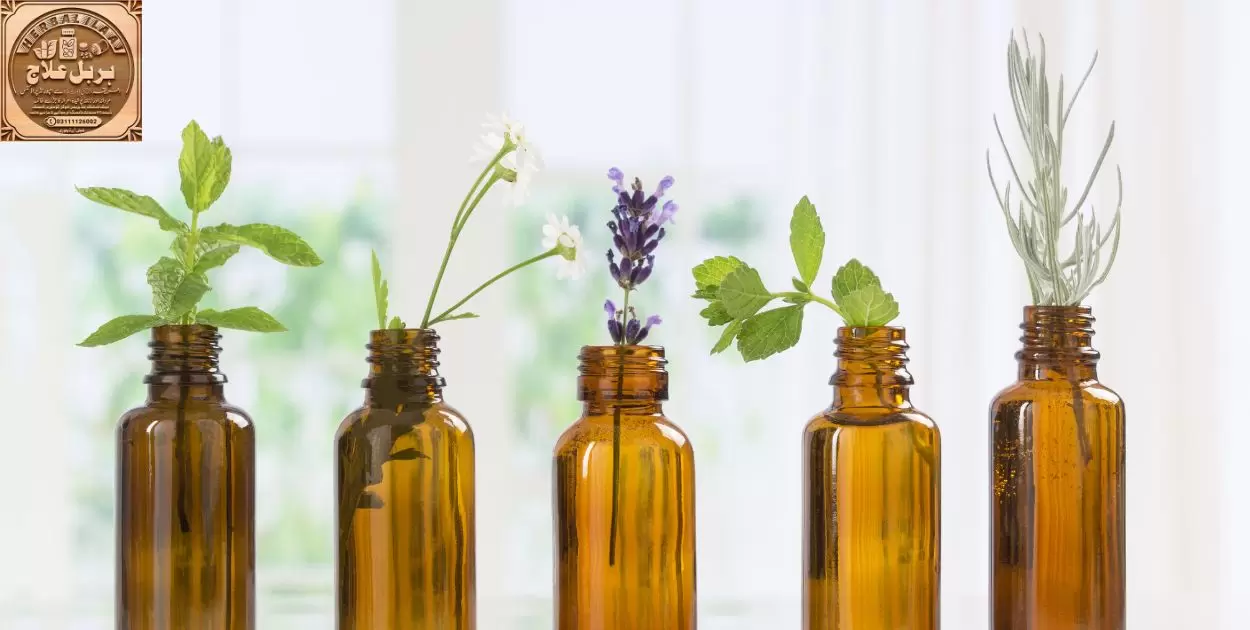Oil or herb refers to plant extracts that are used for flavoring or fragrancing foods as well as for their medicinal properties. Oils are extracted from plants through pressing or distillation while herbs are obtained by drying plant parts like leaves, stems, flowers or roots.
Which is better between oil or herb is a question often asked. Oil and herb both come from plants but have differing properties. While herbs are the raw parts of plants, oils distill the essence of plants into concentrated forms.
Oil and herb both have their benefits when used correctly. Herbs maintain many nutritional components of plants but oils concentrate certain elements. Factors like the condition being treated, flavor or fragrance needs and preparation methods determine whether oil or herb works better in a given situation. Understanding their characteristics leads to choosing the best option.
Are Herbal Remedies More Effective Than Oils?
Herbal remedies have been used for centuries to treat many health conditions. Plants contain active compounds that can help the body in different ways. Many herbal remedies undergo clinical trials to test their safety and effectiveness. While essential oils also have benefits, whole herbs generally provide more comprehensive healing support.
Essential oils are extracts that concentrate active plant compounds. They are useful but do not contain the full spectrum of components in raw herbs. Using whole herbs may allow for synergy between various compounds to achieve better health outcomes. Clinical research is still exploring how different remedies can most effectively be applied.
How Do Herbal Remedies Work In The Body?
Specific compounds may stimulate or inhibit certain enzyme or hormonal activities. Immune, digestive, circulatory and other functions may be balanced and optimized. Response varies by individual health conditions, dosage and administration method. Research continues exploring how plant medicine achieves therapeutic results at the molecular level.
Which Common Ailments Respond Better To Herbal Treatments?

Many common ailments like cold, flu, digestive issues, stress and pain have been effectively treated with herbal remedies. Clinical findings show herbs surpass placebos in helping conditions like anxiety, arthritis, and chronic fatigue.
Herbal therapies present viable options for certain cancers, heart disease and neurodegenerative issues. Herbalism considers root causes and aims to resolve underlying imbalances versus masking symptoms alone. Proper application allows herbs to gently but powerfully resolve minor to serious health complaints.
It’s critical to choose reputable herbal products and consult an expert practitioner for important or chronic issues. Self-treatment risks less favorable outcomes, while guided herbal care supports the body’s innate healing abilities. Overall, many physical and emotional issues respond well when natural remedies are combined with healthy lifestyle habits.
Do Herbal Medicines Have Fewer Side Effects Than Oils?
Most herbs have been safely used for centuries with minimal side effects when taken as directed. Clinical research now confirms what traditional societies always knew. Since whole herbs contain thousands of compounds in natural balance, negative impacts are rare when properly prescribed.
On the other hand, essential oils are highly concentrated and can occasionally cause irritation or other issues in excessive amounts. Pregnant or sensitive individuals especially need guidance using strong oils.
However, negative reactions are still uncommon for both when full precautions are exercised. As with any substance, body type and health factors influence individual tolerance. Overall, herbal medicines have an excellent safety profile.
But as with any new remedies, start with low doses under professional supervision, especially if taking other drugs. This minimizes already uncommon health risks and allows one to ascertain personal compatibility. Proper use of herbs or oils poses little threat when guidelines are followed closely.
When Should You Choose A Herbal Treatment Over An Essential Oil?
For addressing root causes of health issues instead of singular symptoms, herbal remedies generally provide a more complete approach. However, when a targeted essential oil can satisfy a need, it offers quick simplicity. Herbs are ideal for internal applications since they transport active constituents throughout the body.
Oils are best suited to topical use since most cannot withstand digestion. Herbs may work gradually but touch multiple systems, while oils act locally in minutes but don’t persist as long. When a full-body impact or an energy boost is desired, herbs often have the advantage through superior nutrition. And for children, pregnant/breastfeeding women, or others needing extra precaution, herbs pose less risk than potentially irritating essential oils.
Can Essential Oils Match The Healing Power Of Herbs?

While essential oils provide potent benefits topically, herbs offer a more comprehensive healing approach treating the whole body. Oils concentrate active ingredients but generally lack the holistic synergy of raw plants containing thousands of compounds in balance. Some oils parallel renowned herbs, such as tea tree mimicking calendula for skin issues.
Others complement herbal properties, like EXTRA LARGE HERBAL OIL clary sage boosting clary flower’s hormone-balancing effects. However, whole herbs often perform better clinically due to nourishing phytonutrients absent from EXTRA LARGE HERBAL OIL extractions. Combining oils strategically with herbs allows one to access both localized and full-spectrum advantages.
Which Essential Oils Are Backed By Herbal Medicine?
Several essential oils have long been used within traditional herbalism. Peppermint, frankincense and eucalyptus oils naturally accompany their namesake plants prescribed for digestion, immune function and respiratory relief respectively.
Clove, cinnamon, lemon and ginger oils correspond to the spices frequently used to soothe teeth/gums, support circulation and lift mood. Plant-derived oils like chamomile, lavender and rose contain similar soothing compounds to their herbal cousins with calming, anti-inflammatory actions.
Even citrus and conifer oils parallel folk uses of citrus peels and pine needles. While dependent on extraction method, these oils may offer less potent though analogous support to their botanical relatives with safe topical or aromatic applications.
Oils Provide The Same Nutrients As Fresh Or Dried Herbs?
Essential oils are highly concentrated extracts that isolate certain chemical constituents of plants. During steam distillation, most water-soluble nutrients remain in the aqueous layer rather than integrate into the oil.
Heating and solvent exposure during production can degrade or remove some compounds. As a result, essential oils contain much smaller quantities of the fat-soluble vitamins, minerals, amino acids and antioxidants abundant in whole herbs.
While oils encapsulate therapeutic aromatic molecules, they deliver far fewer of the nourishing phytonutrients supplying herbs with preventive and energy-supporting functions. Fresh or dried herbs are always a superior choice when one seeks the full spectrum of health-promoting properties in any botanical remedy.
How Do The Active Compounds In Essential Oils Compare To Herbal Extracts?
Both essential oils and herbal extracts concentrate certain chemical components, though by different extraction processes. Where oils capture primarily aromatic, volatile liquids, extracts may incorporate resins, glycosides and other non-aromatic soluble portions as well.
Extraction solvents like alcohol, glycerin or water direct which compounds dominate the final product versus steam-distilled oils. This divergent capturing of unique fractions means one method may potentiate different healing actions than another.
Used together strategically, they provide layered, synergistic support by respectively targeting aromatic pathways and different solubility groups. However, only whole herbs offer the rounded system-balancing synergy of thousands of elements working beautifully in parallel like an ecosystem.
Are There Risks To Relying Too Heavily On Essential Oils Instead Of Whole Herbs?
While essential oils provide benefits, they present more concentration-related health concerns than EXTRA LARGE HERBAL OIL if over-depended on. Certain oils may cause skin or mucus membrane irritation at high volumes. Inhaling overly-steeped aromas stresses the lungs over time. Also, over-application risks hormone modulation and dependence on a narrow spectrum of compounds versus an herb’s diverse, nourishing makeup.
Excessive use can disrupt the body’s own biochemical balance if the whole plant matrix isn’t supporting it. Further, eschewing well-researched herbal formulas for risky do-it-yourself essential oil blends invites problems. Holistic treatments require understanding synergies craftily evolved over millennia.
Which Herbal Applications Are Best For Skin And Beauty?
Many herbs soothe, hydrate and beautify complexion when applied topically. Calendula gently heals minor wounds and reduces inflammation, while chamomile cools and comforts irritated skin. Herbal masks soften with Clay, kaolin or other minerals.
Facial steams open pores to release impurities using herbs like rose, thyme and oregano. Brewed herb-infused toners effectively cleanse, balance pH and shrink pores. Herbal hair rinses add shine and strength with aloe, hibiscus or brahmi.
Herbal Facial Masks Hydrate Skin Better Than Oil-Based Ones
| Herbal Facial Masks | Oil-Based Masks |
| Infuse water into skin for long-lasting hydration. | Form an occlusive surface layer that does not penetrate deeply. |
| Contain polysaccharides that attract moisture and support cell communication/structure. | May temporarily moisture but can also clog pores over time. |
| Ingredients like aloe, cucumber soothe and hydrate without drying. | Oils alone can strip skin’s natural oils if used too often as sole moisturizer. |
| Soothe problems like acne, irritation by balancing pH and encouraging skin’s health. | Prolonged use of thick oils risks congesting pores and exacerbating skin concerns. |
| Gentle hydration benefits all skin types, especially dry/sensitive. | Those with oilier/acne-prone skin may find oil masks worsen existing issues. |
Are Herbal Scrubs, Toners And Cleansers Gentler On Skin Than Oil-Rich Products?
Herbal skin solutions are gentler than oilys options. They cleanse without stripping the acid mantle, a protective lipid shield. Toners based on witch hazel, rosewater or sage refresh skin’s pH. Scrubs using oatmeal, ground rice or pumice smooth safely. Clarifying rose or neem cleansers lift grime without drying out.
Some favorite oil cleansers still dehydrate in the long run since skin naturally secretes its own emollient layers. Herbal formulations support skin’s innate softness and immunity from within, never stripping critical lipids as harsh surfactants or excessive rubbing can do to the skin barrier over time.
Can Herbs Help Treat Acne And Blemishes Where Oils May Clog Pores?
Herbal acne remedies treat underlying causes with non-comedogenic remedies less clogging than thick emollients. Tea tree, neem or green tea tonics regulate sebum and fights bacteria naturally. Masks with bentonite or kaolin absorb impurities from congested pores.
Burdock, calendula or chickweed poultices soothe angry zits. Supplements like pau d’arco also combat acne-causing elements systemically. By comparison, thickly applying comedogenic oils risks further congestion. While carrier oils aid acne when diluted, drying herbs prove more purifying and deep-cleansing without aggravating existing problems or future breakouts.
How Do Herbal Recipes For Beauty Compare To Homemade Oil Blends?

Both herbal crafts and do-it-yourself oil blends offer benefits when properly formulated. Simple oil mixtures moisturize skins but don’t multifunctional treat multiple concerns in balanced synergy like herbs naturally cooperate. Oils alone may mildly nourish but don’t support skin’s varied biochemical functions as sustainably as complex botanicals.
Herbal potentials harness as nature designed – synergizing antimicrobial, astringent and emollient properties calibrated genetically. With extensive research optimizing dosages, herbalism ensure safe, efficient remedies on all level from superficial to root causes.
Which Route Is Better For Overall Wellness – Herbalism Or Aromatherapy?
Overall, herbalism supports wellness more comprehensively by treating root causes within the whole body versus aromatherapy targeting mainly stress relief. Herbs contain nourishing nutrients transporting healing constituents from gut to cells when consumed as tea, capsules or tinctures.
This allows one to advantageously impact energy levels, digestion, immunity, hormone balance, and bodily systems from within via bioavailable compounds. EXTRA LARGE HERBAL OIL plays a crucial role in this holistic approach. Essential oils provide benefits too yet remain largely limited to effects on mood, thoughts, and relaxation via olfactory neurology when inhaled.
While aromatherapy temporarily relieves minor pains and eases emotions, an herbal protocol dynamically impacts entire wellness. Both offer value though plants deliver broader non-topical applications impacting wellbeing on a deeper level.
Herbal Supplements Provide Broader Health Benefits Than Aromatherapy
5 short tips on how herbal supplements provide broader health benefits than aromatherapy
- Herbal supplements directly impact bodily processes through absorption in the gut, delivering active compounds throughout the body.
- They target multiple systems via interactions with cells, influencing functions like immunity, circulation and digestion.
- Herbs are highly nutritive, transporting antioxidants, minerals and anti-inflammatory agents that support whole health.
- Consistent intake optimizes wellness by addressing root issues versus temporary relief of symptoms alone.
- Herbal regimens strengthen resiliency to stress and disease through adaptogenic, nervous system and hormonal effects.
Can A Daily Herbal Routine Support Whole Body Wellness More Holistically?
A daily herbal protocol taps the full spectrum of wellness in synchrony with nature’s rhythms. Regular teas, tonics and remedies working in tandem strengthen inherent resilience. Constitutional herbalism considers that variations like lunar or seasonal shifts impact physiology.
A balanced routine incorporates adaptogens harmonizing stress response. Nutritive herbs along with eliminative ones sustain balanced functioning. Consistent herbal nourishment aligns bodily systems for optimal health in the way evolution intended via thousands of cooperative biochemicals.
While aromatherapy relieves transiently, steady herbal practice prevents issues from arising, empowering self-care in problems’ early stages before serious decline. Overall, the holistic approach makes herbalism unparalleled in sustainable well-being support.
How Do The Practice And Principles Of Herbalism Differ From Aromatherapy?
At their core, herbalism centers on botanical medicines interacting directly with physiology, while aromatherapy focuses on scent compounds influencing the mind-body indirectly. Herbalism diagnoses imbalances treating multi-systematically, whereas aromatherapy proposes temporary relaxations.
Constitutionally, herbalism builds strength over seasons; aromatherapy acts in passing moments. Prepared herbs contain life-supporting nutrients, whereas oils hold sole aromatic essences.
Herbalism derives from nature’s self-balancing wisdom; aromatherapy relies more on changing perceptions. Holistically, herbalism views health as cooperation within and between systems; aromatherapy sees wellness as tranquil emotions and situationally eased distress. While both natural modalities benefit, herbal medicines durably support unified well-functioning on energetical levels too profound for aromatherapy alone.
When Is It Wise To Incorporate Both Herbal And Essential Oil Remedies?

It’s wisest incorporating both modalities to enjoy their compatible strengths. Herbal tonics or supplements provide sustained therapeutic backing, while relaxing oils precisely target tense, painful or distressed areas complementing inner treatments. Oils soothe symptoms permitting deep therapeutic remedies time to take holistic effect.
Used judiciously, oils enhance circulation or relaxation during massage with herbs addressing underlying issues. Synergistic blends allow compensating each other’s limitations – herbs broadly optimizing health, oils granting pinpointed enhancements.
Oils complement certain remedies, like inhaled frankincense combining digestion-soothing properties of marshmallow. Both offer something the other lacks, so coordinated application maximizes natural benefits with minimal effort or cost utilizing nature’s gifts harmoniously. Proper dosing prevents overload ensuring safety and efficiency.
Frequently Asked Question
What Are Some Key Differences Between Herbs And Essential Oils?
Herbs contain the full spectrum of phytonutrients from plants, while essential oils concentrate specific aromatic compounds.
When Are Essential Oils Preferable To Herbs?
Essential oils are best for localized topical or respiratory applications, as their constituent compounds cannot withstand digestion.
What Are Some Common Applications Of Herbal Remedies?
Herbal remedies historically treat diverse conditions like digestive issues, colds, skin concerns, stress and overall wellness when prepared and administered properly.
Can Herbs And Essential Oils Be Used Together Safely And Effectively?
When chosen thoughtfully and applied judiciously, herbs and essential oils provide synergistic benefits by addressing health from multiple angles using their varying yet complementary properties.
Which Approach Is Best For Supporting Whole-Body Health Long Term?
A consistent herbal protocol gently strengthens resilience over time by comprehensively impacting mind-body functions, making it optimally equipped to maintain overall well-being.
Conclusion
In the end, both herbs and essential oils offer natural remedies when applied appropriately. Each has distinctive strengths supporting wellness, beauty and relaxation. While aromatherapy provides targeted relief, herbalism constitutes the most comprehensive approach to health and healing with its ability to impact the entire body systematically over time.
Overall, herbs, including the EXTRA LARGE HERBAL OIL, have endured as premiere healing tools through extensive research and millennia of traditional use. When prepared and administered skillfully, a diverse array of balancing botanicals, including the EXTRA LARGE HERBAL OIL, work in calibrated synergy addressing root causes of illness to strengthen one’s resilient, balanced state of being.
Essential oils play an important role too when chosen carefully for their localized impacts. But for broadest preventive support and treatment of whole-person wellness from within, herbalism as the most complete and cohesive natural medicine modality is arguably superior for consistent, sustainable benefits over both short and long-term.





